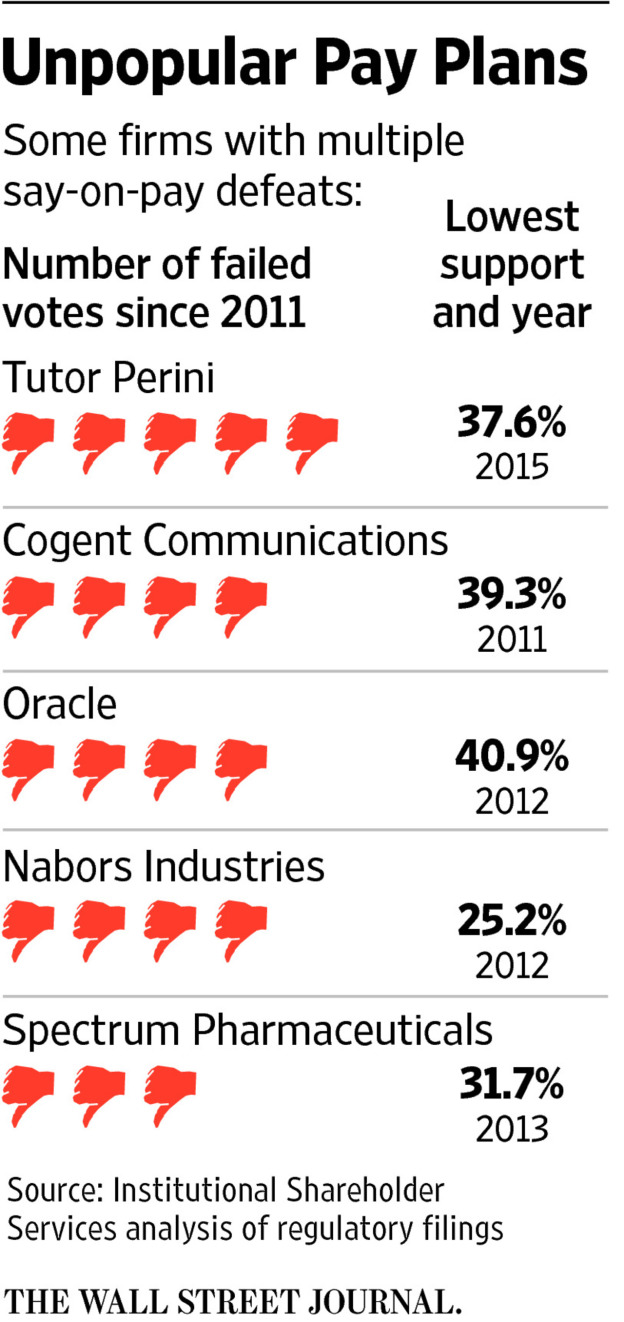Rémunération et COVID-19 : étude américaine sur les impacts de la pandémie
Dans un article intitulé « The Pandemic and Executive Pay », Aniel Mahabier, Iris Gushi, and Thao Nguyen reviennent sur les conséquences de la COVID-19 en termes de niveaux de rémunération des CA et des hauts-dirigeants. Portant sur les entreprises du Russell 3000, cet article offre une belle synthèse et est très parlante.
Extrait :
Is Reducing Base Salary Enough?
While salary reductions for Executives are greatly appreciated in this difficult time and are meant to show solidarity with employees, the fact is that base salary is only a fraction of the often enormous compensation packages granted to CEO’s and other Executives. Compensation packages predominately consist of cash bonuses and equity awards. Even though 80% of the Russell 3000 companies have disclosed 2019 compensation for Executives, we have not witnessed any companies making adjustments to these figures in light of the crisis, even for companies in hard-hit industries.
Edward Bastian, CEO of Delta Airlines, has agreed to cut 100% of his base salary for 6 months, [1] which equals USD 714,000, but still holds on to his 2019 cash and stock awards of USD 16 million, which were granted earlier in 2020. [2] Another interesting case is MGM Resorts International, where CEO Jim Murren was supposed to stay through 2021 to receive USD 32 million in compensation, including USD 12 million in severance. According to the terms of his termination agreement, he would not receive the compensation package if he left before 2021. [3] However, days after he resigned voluntarily in March, MGM announced that his resignation would be treated as a “termination without good cause”, which would qualify him to receive the full USD 32 million package. [4] In the meantime, 63,000 employees of MGM have been furloughed and will possibly be fired. [5]
Furthermore, activist investors have begun to feel unhappy about some executive pay actions amid the pandemic. CtW Investment Group, an investor of Uber, urged shareholders to reject Uber’s compensation package at the Annual General Meeting since it includes a USD 100 million equity grant to the CEO. [6]
While the ride-hailing company has suffered from a USD 2.9 billion first quarter net loss in 2020 [7] and planned to lay off 6,700 employees [8] (about 30% of its workforce), its CEO Dara Khosrowshahi only took a 100% base salary cut from May until the end of 2020, [9] which totals USD 666,000, and took home a USD 42.4 million pay package for 2019.
The same investor also urged shareholders of McDonald’s to vote against the USD 44 million+ exit package, including USD 700,000 in cash severance, for former CEO Stephen Easterbrook, who was fired last year over violation of company policies due to his relationship with an employee. [10]
The investor’s efforts failed in both instances and the CEO’s took home millions of dollars while their companies are struggling.
Since the COVID-19 outbreak, a number of public companies have gone bankrupt. Nevertheless, large sums of compensation were paid out to their Executives. Retailer J. C. Penney paid almost USD 10 million in bonuses to top executives [11] and oil company Whiting Petroleum issued USD 14.6 million in bonuses for its C-suite, [12] just days before both companies filed for bankruptcy.
Another school of thought is that the practice of issuers deferring executive salary cuts into RSUs will give rise to huge payouts in the future when the market eventually recovers and share value increases. This means that Executives who deferred their base salary have made a sacrifice that ultimately will benefit them, defeating the purpose of pay cuts.
Although the economic impacts of the pandemic on businesses are still on-going, the number of pay cuts announced has slowed since the end of May. As the effects continue to unfold over the next months, we expect companies to continue to re-evaluate their executive compensation policies. COVID-19 has changed daily lives, business operations, and the economy. Even though we will only know the full extent of impact in the second half of 2020, COVID-19 will certainly change executive pay and corporate governance practices in the future.
À la prochaine…
